Indiana State Prison
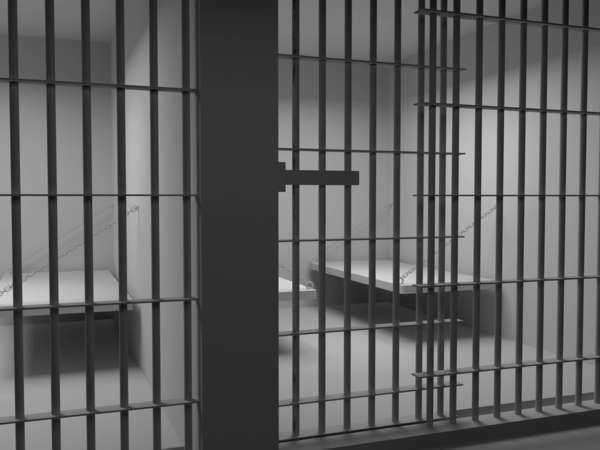

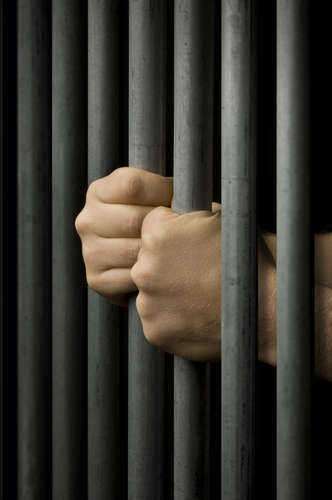
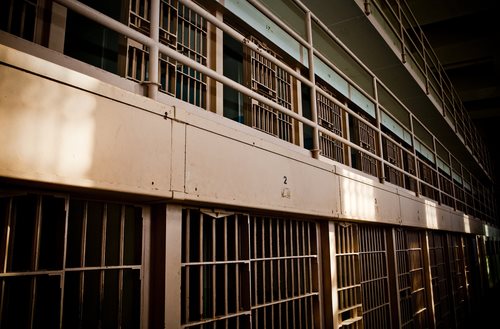
The North Carolina Department of Corrections is currently led by the Secretary of Correction for North Carolina, Alvin W. Keller. The NC Department of Corrections covers the penal system for the state of North Carolina, and has a budget of over $1 billion and has over 20,000 employees. The inmates within the system covered by the NC Department of Corrections number at about 40,000, with another 125,000 former offenders being monitored by the NC Department of Corrections on probationary terms, or on parolee terms.
There are a large number of jails which are held under the jurisdiction of the NC Department of Corrections. These include Central Prison, Warren Correctional Institution, Rutherford Correctional Center, Neuse Correctional Institution, and Fountain Correctional Center for Women, among many others. The NC Department of Corrections offers a number of different programs for individuals within its prisons in order to help those individuals to gain important skills that might help them to start new lives once they leave the prisons of the NC Department of Corrections.
These programs provided from the NC Department of Corrections manifest in Correction Enterprises, which is a program designed to provide inmates with the opportunity to work while also providing good services for the citizens of North Carolina. Furthermore, the NC Department of Corrections has a specific Division of Alcoholism and Chemical Dependency which is focused on helping inmates to rid themselves of such addictions and recover from the harm that such addictions might have caused them. If you need legal advice and assistance, contact North Carolina lawyers.
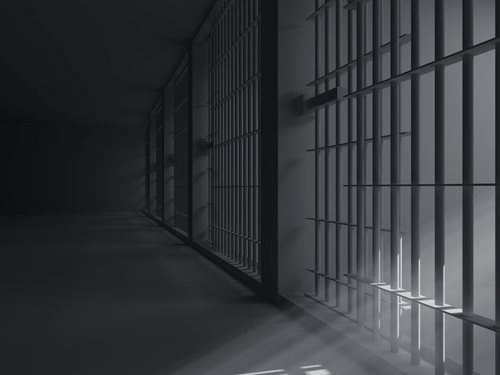
The California Department of Corrections and Rehabilitation controls the prison system of California at the state level. The California Department of Corrections and Rehabilitation is led by Secretary Matthew Cate. The California Department of Corrections and Rehabilitation features a budget of close to $10 billion according to recent years. This budget for the California Department of Corrections and Rehabilitation is split between over 30 different adult institutions for incarcerated individuals, including Avenal State Prison, Ironwood State Prison, and San Quentin State Prison.
The California Department of Corrections and Rehabilitation also features such programs as fire camps, which are specialized camps designed to allow inmates in the California Department of Corrections and Rehabilitation jail system to help work in conservation efforts. These fire camps currently hold more than 4400 inmates in over 200 fire crews from 46 different camps. These crews can be sent out in order to help deal with problems in the wilderness of California such as forest fires, which not only helps inmates to grow in their skills and become prepared for re-entering the community, but it also provides a valuable service to the citizens of California.
The California Department of Corrections and Rehabilitation also has a number of other programs, such as programs for youthful inmates which are designed to keep them separated from adult inmates, and specialized re-entry facilities, which are facilities designed specifically to help former inmates re-enter the community successfully. Contact California lawyers for legal advice and assistance.
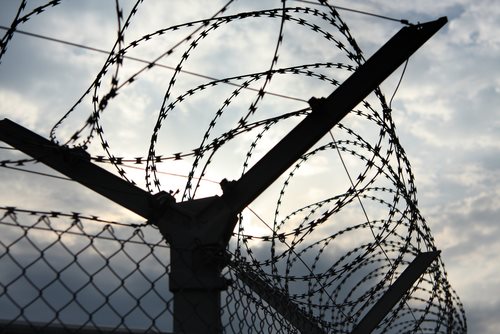

The Kansas Department of Corrections controls the state prisons of Kansas. Currently, the Kansas Department of Corrections houses 9054 individuals in its prisons, the vast majority of whom are male. The main facilities of the Kansas Department of Corrections include El Dorado, Ellsworth, Hutchinson, Lansing, Larned, Norton, Topeka, and Winfield facilities, as well as the Wichita Work Release Facility and the Kansas Correctional Industries facility. The current Secretary of Corrections who heads the Kansas Department of Corrections is Roger Werholtz.
The Kansas Department of Corrections offers a number of important services to inmates who may be leaving the facilities controlled by the Kansas Department of Corrections. Some of these services include the Offender Workforce Development, which is a particular program in which offenders are given courses and classes such that they might learn the skills necessary for them to function outside of jail and in the overall community.
The Kansas Department of Corrections was able to secure lower rates of repeat offenses along with greater rates of employment after putting inmates into this program. In general, the current main play of the Kansas Department of Corrections with regard to allowing inmates re-entry into the community is known as the Kansas Offender Risk Reduction and Re-entry Plan, or KOR3P. This plan is specifically designed to ensure that every inmate who leaves the Kansas Department of Corrections system will immediately then have the skills and mentality necessary to succeed in the community. If you need legal advice and assistance, contact Kansas lawyers.

The Mississippi Department of Corrections is currently headed by Christopher B. Epps, the commissioner of the Mississippi Department of Corrections. The Mississippi Department of Corrections holds jurisdiction over three different state prisons within Mississippi, including the Central Mississippi Correctional Facility, the Mississippi State Penitentiary, and the South Mississippi Correctional Institution. There are also eleven regional facilities within Mississippi which technically fall under the overall jurisdiction of the Mississippi Department of Corrections.
Additionally, there are some private institutions within Mississippi which are bound by the Mississippi law set forward by the Mississippi Department of Corrections, but which are not necessarily under the direct jurisdiction of the Mississippi Department of Corrections. The Central Mississippi Correctional Facility is an important hub within the Mississippi Department of Corrections system, as it is the facility from which inmates are moved into other state facilities after they are transferred from county custody into state custody.
According to most recent figures, the Mississippi Department of Corrections holds 24,599 individuals as inmates within the prisons of Mississippi, counting those individuals who have been sent off-grounds temporarily and those individuals who have escaped from custody. An additional 32,138 individuals are currently outside of the jail system of the Mississippi Department of Corrections, as either parolees or probationers.
The Mississippi Department of Corrections offers up such programs as Community Work Centers for inmates. These Community Work Centers of the Mississippi Department of Corrections will be locations from which inmates can perform duties for Missouri which might then allow them to work off their sentences. For example, inmates at a Community Work Center might help to pick up trash on the side of a highway.
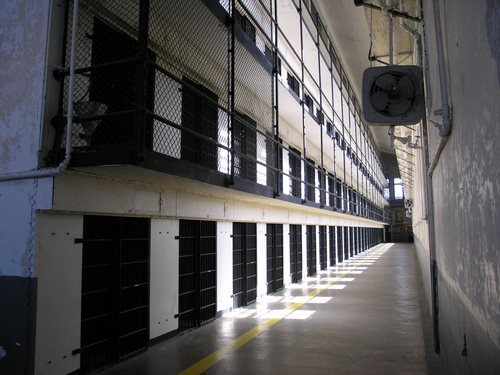
The Missouri Department of Corrections performs a number of different functions with regard to the jail system within Missouri. Currently, the Missouri Department of Corrections oversees an overall population of about 105,000 individuals, though not all of these individuals are full inmates in a jail or other institution. 30,458 of them are held in an institution by the Missouri Department of Corrections, while the rest are in different positions. 53,596 individuals are on probation under the jurisdiction of the Missouri Department of Corrections, and 17,873 are on parole, again under the jurisdiction of the Missouri Department of Corrections.
The Missouri Department of Corrections offers up a number of important services with regard to the inmates held within the jail system of Missouri. Some of these services include programs such as Puppies for Parole, which is a program that specifically allows certain inmates to help train rescue dogs, which not only prepares those inmates for life outside of prison, but also provides rescue dogs for the state of Missouri, which is a useful service.
The Missouri Department of Corrections also operated the Missouri Re-entry Process, which helps the 20000 some-odd inmates who are released from the jail system controlled by the Missouri Department of Corrections into the community of Missouri every year. The Missouri Re-entry process ensures that inmates who are ready for release will not only have skills necessary in order to become productive citizens, but it also ensures that these individuals' mental health and psychological status is well-suited for release. If you need legal advice and assistance, contact Missouri lawyers.
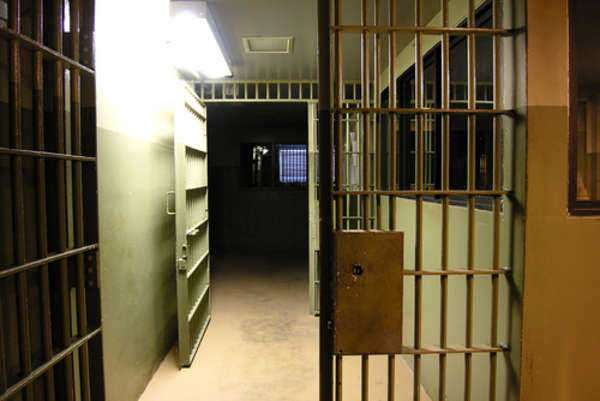
The New Jersey Department of Corrections, or NJDOC, as it is sometimes called, has jurisdiction and control over the jail system of New Jersey. The current Commissioner of the NJ Department of Corrections is Gary M. Lanigan. The budget for the NJDOC is roughly close to $1 billion. The NJ Department of Corrections is also known to employ close to 10000 employees. The NJDOC also supervises the 13 institutions within New Jersey, and it monitors 25000 individuals.
These 25000 individuals are split up between the facilities of New Jersey, which include seven adult male correctional facilities, one women's correctional facility, three facilities specifically for youth, one facility for sex offenders, and one facility which is designed for reception and intake of inmates. Every year, the NJDOC incorporates another estimated 12000 individuals into its penal system, which evens out to about 1000 individuals per month. At the same time, however, about 12600 individuals are released from the NJ Department of Corrections every year, meaning that theoretically, more inmates leave the system than entire it. These numbers are based on recent statistics.
The NJDOC offers a program called AgriIndustries, which is a program specifically designed to assist inmates by helping them to learn the skills necessary to work in the agricultural field. Approximately 100 inmates a year are assisted by this program. The AgriIndustries program represents one of the many ways in which the NJ Department of Corrections has attempted to institute programs which might better prepare inmates for life back in the community. If you need legal advice and assistance, contact New Jersey lawyers.
